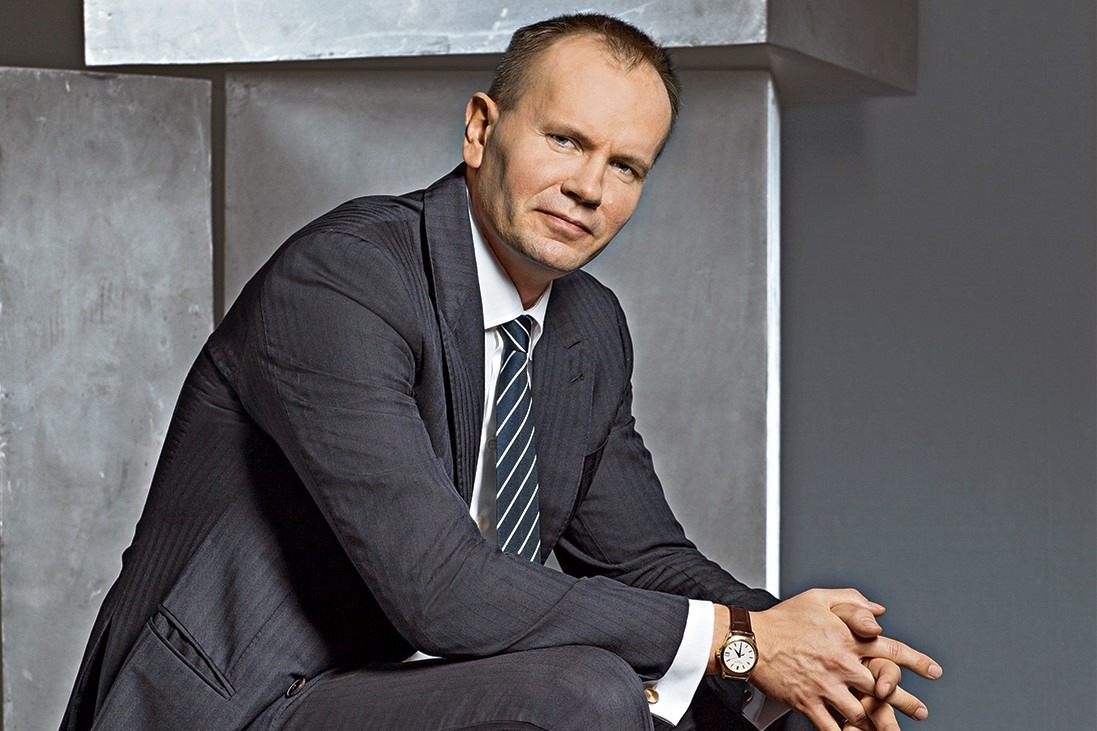After nine months of denials, delays, diversions and counterattacks, Wirecard’s CEO Marcus Braun finally admitted defeat on Friday. He stepped down as CEO of the German fintech giant, saying “it cannot be ruled out that Wirecard has become the aggrieved party in a fraud of considerable proportions”. He’s to be replaced by the newly-hired head of compliance. Wirecard has serious problems. Reporters from the Financial Times have been hounding it since October, alleging it exaggerates sales, profits, and cash balances. Not long before the FT’s first report was published in October, Wirecard shares had been at an all-time high. The…
Cancel at any time. Are you already a member? Log in here.
Want to read the full story?
Unlock this article – and everything else on The Currency – with an annual membership and receive a free Samsonite Upscape suitcase, retailing at €235, delivered to your door.

